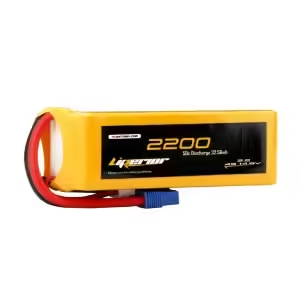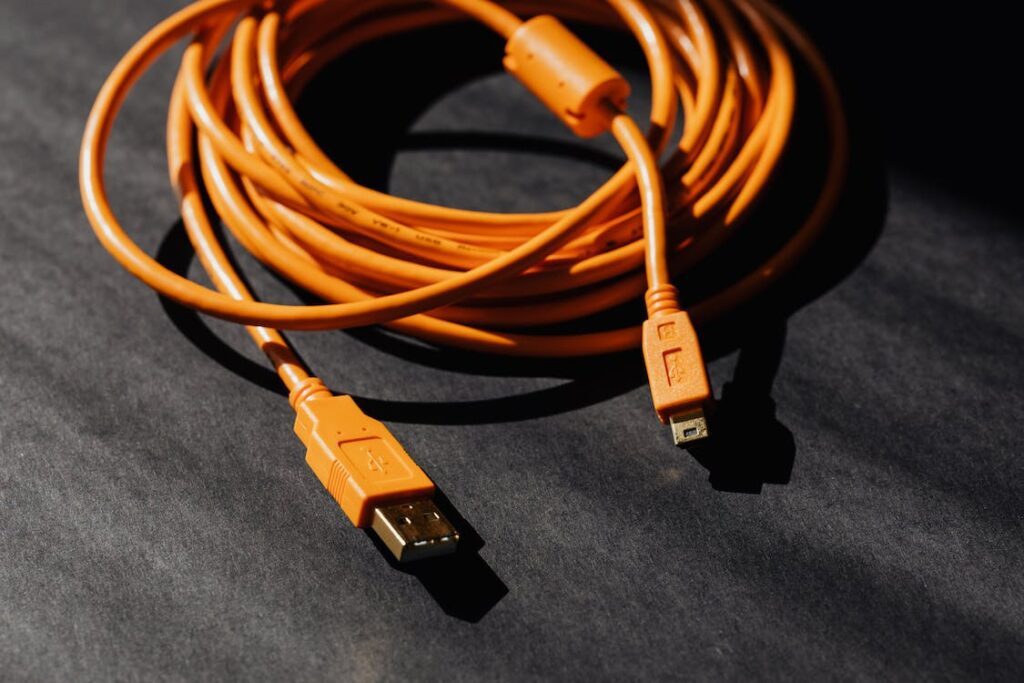LiPo batteries are a popular choice for many high-output applications, from RC cars and drones to professional photography equipment and DIY electronics. This article will guide you through understanding LiPo battery, selecting the best ones for your needs, and maintaining them for optimal performance.
What Are LiPo Batteries and How Do They Work?
What are LiPo batteries?
LiPo (Lithium Polymer) batteries are a type of rechargeable battery that uses a polymer electrolyte instead of a liquid electrolyte. They are known for their lightweight, high energy density, and flexible form factor.
How do LiPo batteries differ from other types of batteries?
Compared to other batteries like NiMH (Nickel-Metal Hydride) or Li-ion (Lithium-ion), LiPo batteries offer higher energy density, lighter weight, and the ability to be molded into various shapes. This makes them ideal for applications where space and weight are critical.
What is the basic working principle of a LiPo battery?
A LiPo battery consists of one or more cells, each containing a positive electrode (cathode), a negative electrode (anode), and a polymer electrolyte. During discharge, lithium ions move from the anode to the cathode, producing an electric current. The process reverses during charging.
Why Choose LiPo Batteries for Maximum Output?
What makes LiPo batteries the best choice for high-output applications?
LiPo batteries are preferred for high-output applications due to their ability to deliver high current rates, stable voltage, and lightweight design. These features are crucial for devices like drones and RC cars that require rapid and sustained power.
What are the advantages of using LiPo batteries?
The advantages of LiPo batteries include:
- High energy density: More power in a smaller, lighter package.
- Flexible form factor: Can be shaped to fit various devices.
- Stable voltage: Provides consistent performance until fully discharged.
- High discharge rates: Suitable for high-drain applications.
How do LiPo batteries perform in high-drain devices?
LiPo batteries excel in high-drain devices due to their ability to deliver high burst currents without significant voltage drops. This makes them ideal for applications requiring quick bursts of power, such as racing drones and high-performance RC vehicles.
H2: Key Factors to Consider When Selecting LiPo Batteries
What capacity should you choose for your LiPo battery?
Capacity, measured in milliampere-hours (mAh), determines how long the battery can power a device. Higher capacity batteries last longer but are also larger and heavier. Choose a capacity that balances endurance and size for your specific application.
How does the discharge rate (C rating) affect performance?
The C rating indicates how quickly a battery can be discharged without damage. A higher C rating means the battery can deliver more current, making it suitable for high-power devices. Ensure the C rating matches your device’s power requirements.
What are the voltage considerations for LiPo batteries?
LiPo batteries are available in various voltages, usually in multiples of 3.7V per cell. Ensure the battery voltage matches your device’s specifications to prevent damage or suboptimal performance.
What safety features should you look for in a LiPo battery?
Look for LiPo batteries with built-in safety features like overcharge protection, over-discharge protection, and short-circuit protection to ensure safe operation and longevity.
Top LiPo Batteries for Different Applications
What are the best LiPo batteries for RC cars and drones?
For RC cars and drones, popular choices include:
- Turnigy Graphene Professional: Known for high performance and durability.
- Tattu R-Line: Offers high discharge rates suitable for racing drones.
- Gens Ace: Reliable and well-balanced for various RC applications.
Which LiPo batteries are ideal for professional photography equipment?
For professional photography, consider:
- Wasabi Power: Offers extended battery life for cameras.
- Powerextra: Affordable and reliable with good performance.
- Neewer: Known for compatibility with various camera models.
What are the top LiPo batteries for DIY electronics and hobby projects?
For DIY projects, popular options include:
- Adafruit Lithium Ion Polymer Battery: Compact and versatile for various projects.
- SparkFun LiPo Battery: Reliable and available in multiple sizes.
- Battery Pack from Pololu: Suitable for custom robotics and electronics.
Maintaining and Extending the Life of Your LiPo Batteries
How should you charge and discharge LiPo batteries safely?
Use a charger specifically designed for LiPo batteries to prevent overcharging. Avoid discharging below the recommended voltage to prevent damage. Follow the manufacturer’s guidelines for charging rates and procedures.
What are the best practices for storing LiPo batteries?
Store LiPo batteries at a partial charge (around 3.8V per cell) in a cool, dry place. Avoid storing fully charged or completely discharged batteries for extended periods.
How can you prolong the lifespan of your LiPo batteries?
Avoid deep discharges and excessive charge rates. Regularly balance-charge the batteries to ensure all cells maintain equal voltage. Use a battery management system (BMS) if possible.
Common Issues with LiPo Batteries and How to Avoid Them
What are the common problems users face with LiPo batteries?
Common issues include swelling, overcharging, over-discharging, and physical damage. Swelling indicates internal damage and potential safety hazards.
How can you prevent overcharging and over-discharging?
Use chargers with overcharge protection and avoid charging unattended. Set your device to cut off power before the battery voltage drops too low.
What should you do if a LiPo battery swells or gets damaged?
Immediately stop using swollen or damaged batteries. Dispose of them properly at a battery recycling facility, and never puncture or expose them to heat.
Comparing LiPo Batteries: Brands and Models
Which brands are known for producing the best LiPo batteries?
Reputable brands include:
- Turnigy: Known for high-performance batteries.
- Gens Ace: Reliable with a good balance of performance and cost.
- Tattu: Popular for high-discharge applications like drones.
What are the top-rated LiPo battery models on the market?
Top-rated models include:
- Turnigy Graphene Professional
- Tattu R-Line
- Gens Ace Bashing Series
How do different brands compare in terms of performance and reliability?
Turnigy is known for high-performance and durable batteries, while Gens Ace offers a good balance of cost and reliability. Tattu excels in high-discharge applications but may be pricier.
FAQs
How can you safely dispose of LiPo batteries?
Dispose of LiPo batteries at a designated battery recycling facility. Do not throw them in regular trash due to fire hazards.
What is the difference between LiPo and Li-ion batteries?
LiPo batteries use a polymer electrolyte, while Li-ion batteries use a liquid electrolyte. LiPo batteries are more flexible and lightweight, making them suitable for different applications.
Can you use a regular charger for LiPo batteries?
No, use only chargers specifically designed for LiPo batteries to avoid overcharging and potential hazards.
What are the environmental impacts of LiPo batteries?
LiPo batteries contain materials that can be harmful if not disposed of properly. Recycling helps mitigate environmental impact.
Are there any regulations for transporting LiPo batteries?
Yes, there are regulations for transporting LiPo batteries, especially by air. Check the guidelines provided by the transport carrier and follow safety protocols.
Conclusion
Choosing the right LiPo battery for your needs involves understanding their specifications and capabilities. Proper maintenance and safe handling practices ensure longevity and optimal performance. By following these guidelines, you can maximize the output and reliability of your LiPo batteries.



